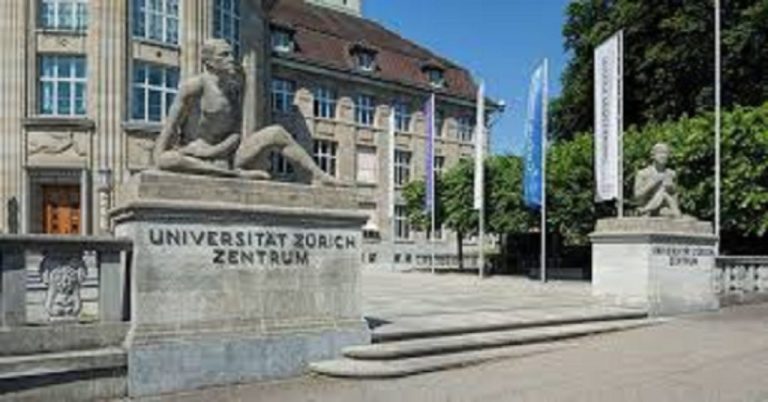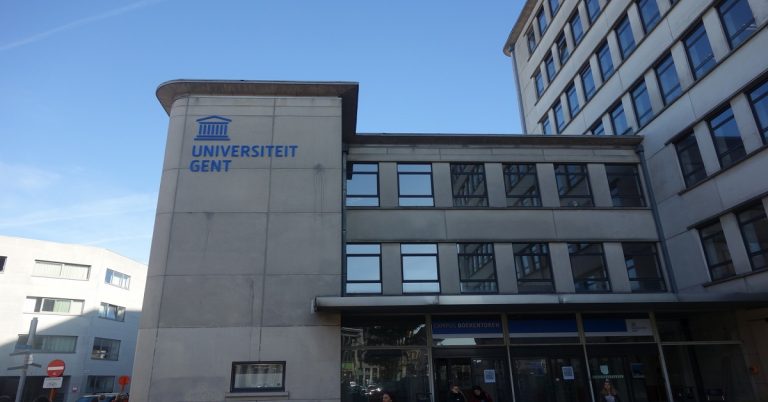
Job Info
- Job Identification12745
- Locations Drummond Street, Edinburgh, EH8 9XP, GB(Hybrid working)
- OrganizationSchool of GeoSciences, School of GeoSciences, School of GeoSciences, Edinburgh University Group
- DepartmentGeoSciences
- Apply Before08/06/2025, 01:59 AM
- Health and Safety RequirementsNo key hazards identified for this post
- Criminal Record CheckNo criminal record check required
- Contract TypeFixed Term
- Work Duration Months24
- Job ScheduleFull time
- GradeUE07
- Number of Openings1
- Job FunctionResearcher
Job Description
Grade UE07: £40,497 to £48,149 per annum
College of Science and Engineering / School of GeoSciences
Full-time: 35 hours per week
Fixed-term: 31st December 2027
The Opportunity:
We are seeking a Postdoctoral Research Associate to join the SMART-HS (Smart Hydropower Solutions) project, led by the Universities of Oxford and Edinburgh in collaboration with partners in Vietnam. The project aims to transform hydropower forecasting and optimisation in Vietnam, Laos, and Cambodia by developing inclusive, data-driven solutions that enhance dam safety and energy efficiency amid climate change and ageing infrastructure.
The PDRA will work with Dr Simon Moulds on machine learning approaches for reservoir inflow forecasting, integrating diverse data sources such as satellite altimetry, in-situ observations, and climate model outputs. They will also develop methods to improve reservoir operations in a decentralised hydropower network. The role involves close collaboration with partners in the UK and Vietnam.
The post holder will be supported to develop new lines of research that align with the group’s interests, including developing their own fellowship / research funding proposals.
The salary for this post is £40,497 to £48,149 per annum. This post will appointed no higher than UE07.2 which is £41,671, which is within a range of £40,497 – £48,149.
Your skills and attributes for success:
- A PhD (or about to obtain one) in Physical Geography, Environmental Science, Civil Engineering or a related discipline
- Experience with a high-level programming language (e.g. Python, Julia)
- Experience using and processing a variety of hydrological and environmental data sources, including large spatiotemporal datasets
- Proficient in scientific writing and an ability to lead the preparation of scientific papers for refereed journals, with a strong research and publication track record (relative to career stage)
- Excellent written and oral communication and team-working skills
Click to view a copy of the full job description (opens new browser tab)
Application Information
Please ensure you include the following documents in your application:
- CV
- Cover letter
As a valued member of our team you can expect:
- A competitive salary
- An exciting, positive, creative, challenging and rewarding place to work.
- To be part of a diverse and vibrant international community
- Comprehensive Staff Benefits, such as a generous holiday entitlement, competitive pension schemes, staff discounts, and family-friendly initiatives. Check out the full list on our staff benefits page (opens in a new tab) and use our reward calculator to discover the total value of your pay and benefits
Championing equality, diversity and inclusion
The University of Edinburgh holds a Silver Athena SWAN award in recognition of our commitment to advance gender equality in higher education. We are members of the Race Equality Charter and we are also Stonewall Scotland Diversity Champions, actively promoting LGBT equality.
Prior to any employment commencing with the University you will be required to evidence your right to work in the UK. Further information is available on our right to work webpages (opens new browser tab)
The University is able to sponsor the employment of international workers in this role. If successful, an international applicant requiring sponsorship to work in the UK will need to satisfy the UK Home Office’s English Language requirements and apply for and secure a Skilled Worker Visa.
Key dates to note
The closing date for applications is 5th August 2025.
Unless stated otherwise the closing time for applications is 11:59pm GMT. If you are applying outside the UK the closing time on our adverts automatically adjusts to your browsers local time zone.
Interviews will be held in late August / early September.
About Us
As a world-leading research-intensive University, we are here to address tomorrow’s greatest challenges. Between now and 2030 we will do that with a values-led approach to teaching, research and innovation, and through the strength of our relationships, both locally and globally.
About the Team
The School of GeoSciences explores the factors and forces that shape our world. The School aims to understand the world through fundamental curiosity-driven research and to support prescient decision-making at individual to global scales. We undertake world-leading research; offer new ways of understanding natural and social drivers of change; provide inter-and trans-disciplinary solutions; and work in partnership to improve livelihoods and explore ways to manage the environment that are both sustainable and socially equitable.
With over 500 academics, researchers and research students, we are the largest and most successful interdisciplinary grouping of geoscientists and geographers in the UK. Research activity is coordinated within three main Research Institutes – Global Change, Earth and Planetary Science, and Geography and the Lived Environment – and within smaller research groupings that reach across and beyond the School.
A distinctive feature of the School is the combination of academic strength, intellectual breadth and societal relevance. Our interdisciplinary research and teaching builds on established core disciplines (ecology, environmental sciences, geography, geophysics, meteorology, oceanography) to provide a variety of approaches to understanding the world (including, for example, system-scale modelling, process studies and the development of urban and social theory). The School’s research covers fundamental ‘blue-skies’ questions, as well as having application to key societal challenges including inequality and vulnerability; urban precarity; nature and cultural meaning; development and sustainability; climate and environmental change; energy, food and water security; health and wellbeing; natural resources; and natural hazards.
The School of GeoSciences aims to recognise and value diversity in our staff and students, and to support flexible and family-friendly working.
More details about the School is available from http://www.ed.ac.uk/geosciences


